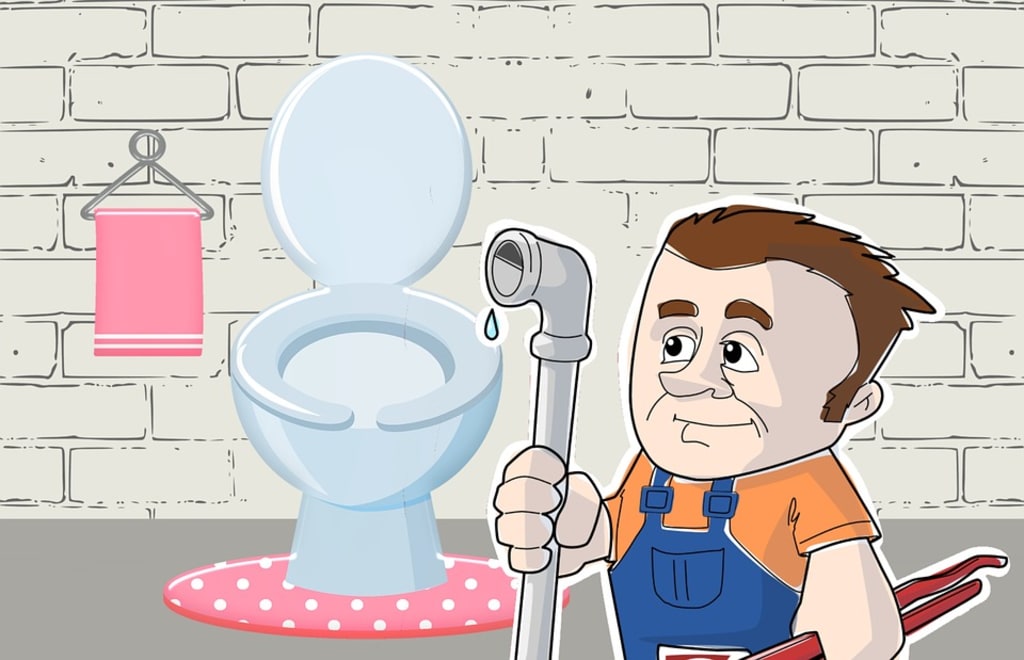How To Spot Corrosion In Plumbing Pipes?
Unless your house has been built recently, there can be possible signs of corrosion in your plumbing pipes

Unless your house has been built recently, there can be possible signs of corrosion in your plumbing pipes. Corrosion can be a massive issue as well as detrimental for your home plumbing system. It imparts negative effects not only on your surrounding environment but also on your everyday lifestyle. Corroded pipes often tend to leak, wasting gallons of water, while on the other hand, corrosion inside your water supply pipes will contaminate the incoming water with harmful rusted iron particles.
The problem doesn’t just end there because fixing corroded pipes will also cost you a lot of money. Corroded pipes cannot be repaired and you can only directly replace them. So, how can you detect corrosion in your home plumbing pipes effectively? Let’s find out.
What Do You Mean By Corrosion And What Causes Corrosion?
Corrosion can be defined as a chemical process through which the piping material slowly breaks down because of interference from external environmental agents. Corrosion leads to the formation of rust.
Corrosion is caused when the metal comes in contact with external weathering agents, such as sun, water, grime, oxygen or other metal. The metal surface tends to lose electrons and thereby weakened as a result. Such a process leads to constant wear & tear, making the metal surface highly vulnerable to cracks, rust or holes. Furthermore, corrosion gets worse as time passes by (if not checked).
Methods To Detect Plumbing Pipe Corrosion
1. Learn About Your Pipe
Professional home inspection in Gilbert states that the first thing that you need to know is the type of plumbing pipes you have at your home. It can be possible that you’re using a corrosion-resistant pipe or the pipe is made out of PVC material. In such cases, there’s no need to check for corrosion and you’ll be better off spending that time somewhere else.
2. Testing The Water
Performing a water test will help you learn whether your pipes are facing corrosion. You can test your water for the presence of copper or iron, because if the iron or copper content is high, then the pipes are suffering from corrosion.
3. Leaks
Corrosion leads to the leaking of plumbing pipes. So, if you're facing any leaks in your entire plumbing system, it would be prudent to look for any possible signs of leakage. The signs of leakage will indirectly let you know whether there is any corrosion.
4. Presence Of Rust
It should be understood that rust is the direct by-product of corrosion. So, if you can find signs of rust in your water supply or around your plumbing pipe system, then it’s highly possible that there’s excessive corrosion.
5. Inspecting
Most plumbing pipes inside your house property tend to be exposed and are easily accessible. So, if you can take the time out of your busy schedule and inspect the piping system individually, then you’ll be able to notice any sign of corrosion.
Process To Prevent Corrosion
1. Keeping The Pipes Clean
Corrosion can happen when metal surfaces are exposed to corrosive bacteria types. Therefore, it’s suggested to keep your pipes clean. The best way to do that would be to use biocides, to keep the water clean as well as prevent any onset of corrosion. You can also use other chemical treatment options for the same.
2. Keeping The Plumbing System Stable
Bouncing, friction or jiggling can have direct wear & tear on metal surfaces. Such wear can lead to openings forming on the metal surface, which allows for corrosive materials to set in. A good way to avoid such an issue would be to use clamps or straps to fix pipes to a stable surface with no movements.
At last, we hope you enjoyed our excellent write-up and if you have any feedback to share, do let us know.





Comments
There are no comments for this story
Be the first to respond and start the conversation.